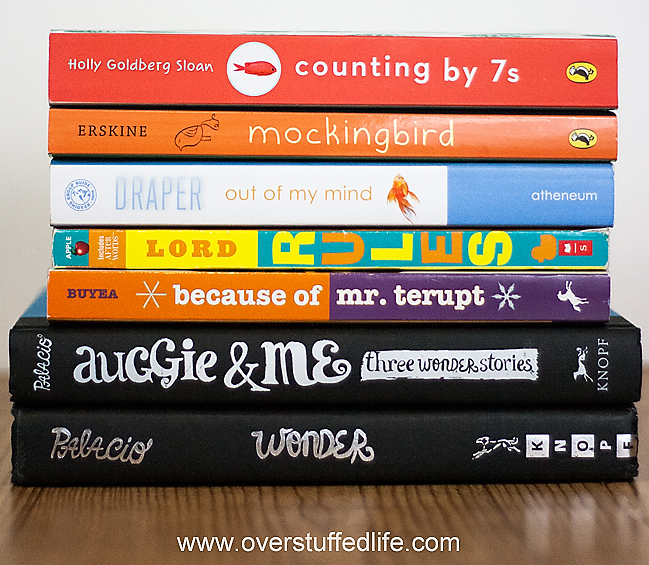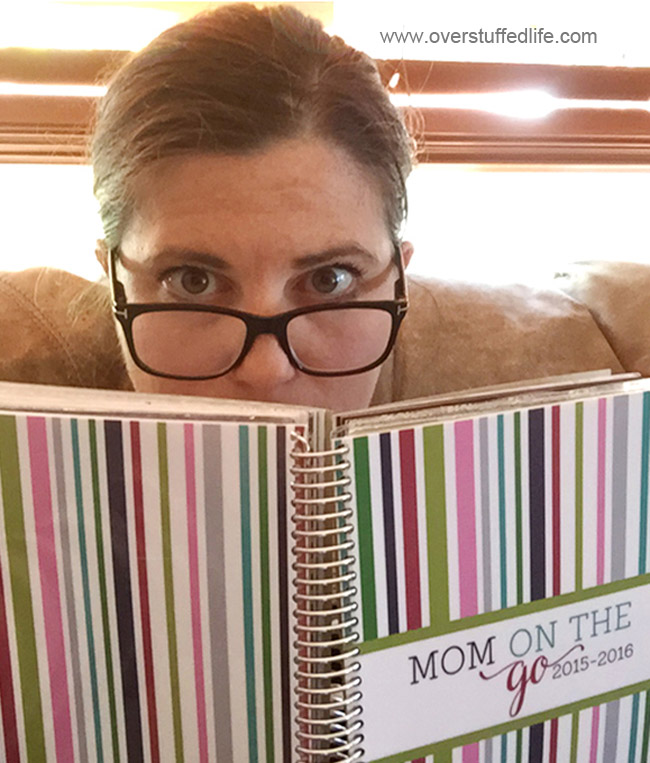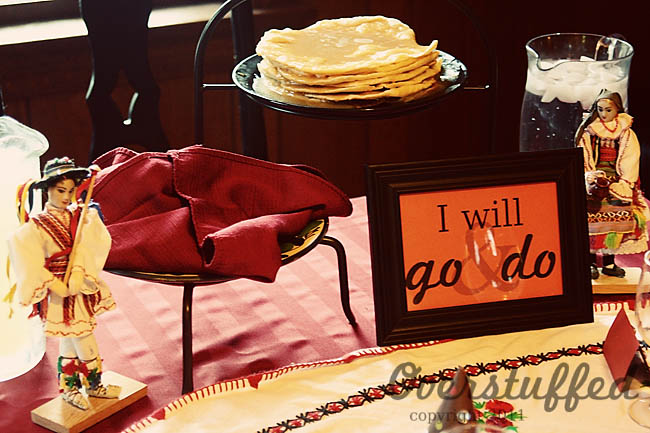Teaching Kids Empathy: 4 Things Parents Can Do
Helping children to develop empathy is one of the most important jobs parents and caregivers have.

As a parent, raising children who are empathetic and kind is hugely important to me. I have made teaching my kids empathy a high priority—I am much more concerned with the way they treat others than I am about their grades or almost anything else they do.
Like many such traits, empathy seems to be something some kids are born with while others struggle to be empathetic. Of my three children, one of them has the natural gift of empathy while the other two have needed more guidance in this area.
Here are four simple things you can do as a parent to teach your kids empathy:

How to teach kids empathy
1. Read with your children
Reading is a natural way to teach empathy because you are in the heads and experiences of different characters. And reading with your children is an excellent way to help them start really thinking about those characters and their experiences as they read.
I love stopping a story and talking about what’s happening with my girls. Just asking a few questions about the characters and why they might be making the choices they are making helps kids start to put themselves in their shoes. Hopefully this will start to translate into real life for your kids, and they will start asking themselves why a friend might be acting a certain way before they assume the worst.
I have a list of middle-grade books that are great at teaching empathy, but just about any book will do the trick. Encourage your kids to read if you want them to learn empathy.
2. Show empathy to your children
In my experience, it isn’t always easy to be empathetic to my children. Sometimes I don’t feel like doing that extra work when I am frustrated with their behavior.
However, when I do take the time to show empathy, not only does it make the discipline much easier, I am setting an example for them. We know that children will model what they experience, and if they experience empathy from their parents they will be more likely to show it to others.
Showing empathy to our children looks like validating their emotions before we try to fix the problem. It looks like allowing our children to feel things that we may not think are appropriate. It looks like listening before lecturing. Empathy looks like saying “I understand how this is making you feel upset” instead of “stop crying.”
3. Ask questions that help them think empathetically
My youngest daughter is currently in her first year of middle school. Now that she’s been in school a month, she has started to learn that the social relationships are changing a lot and that drama between kids has become much more prevalent than it was while she was in elementary school. Just tonight as I was tucking her into bed we had another conversation about how to navigate it all and empathy—the ability to put yourself in another’s shoes and imagine what they might be feeling—played a huge role in our conversation.
She wanted to know what she should do in a particular situation that is going on with her friends right now. I simply asked her what she thought she should do, and then I asked her how that might make her friends feel.
She quickly figured out that her first instinct was perhaps not the best idea because it would probably be hurtful to one or two of her friends. By simply asking her how others might feel, she was able to come up with a better idea all by herself.
Similarly, when my girls are arguing with each other, I try hard to help them see what their sisters might be feeling (though I validate their feelings first so that they experience the same empathy I am asking them to feel for their sisters). There are always plenty of opportunities to help you kids turn their thoughts towards the feelings of others if you’re paying attention—all you need to do is ask a few simple questions.
How do you think that would make her feel?
Why do you think she acted that way?
If you were in the same situation, how would you feel?
Would you want someone to say that to you? Why not?
4. Talk about your own feelings with your children
Sometimes as parents we forget to talk about our own emotions with our kids. It isn’t often my first instinct to say, “When you speak to me like that, it hurts my feelings” or “It makes me so happy to see you share with your sister!”
When I do call attention to how my children’s actions made me feel, they start to realize that their actions can have an impact on others’ feelings. And if they are very young, it helps them to learn that other people actually have feelings.
Teaching kids empathy is actually pretty easy once you are thinking about it. I believe that all kids have the capacity for great empathy—even when it might not seem to come naturally. With just a little help, kids are usually pretty quick to see how others are feeling and want to make better choices.
Nothing makes my mother heart happier than to hear that my children have been caught being kind to others. Empathy is a skill that will help them in their relationships for the rest of their lives!
This post may contain affiliate links, for more information, please see my disclosure.



